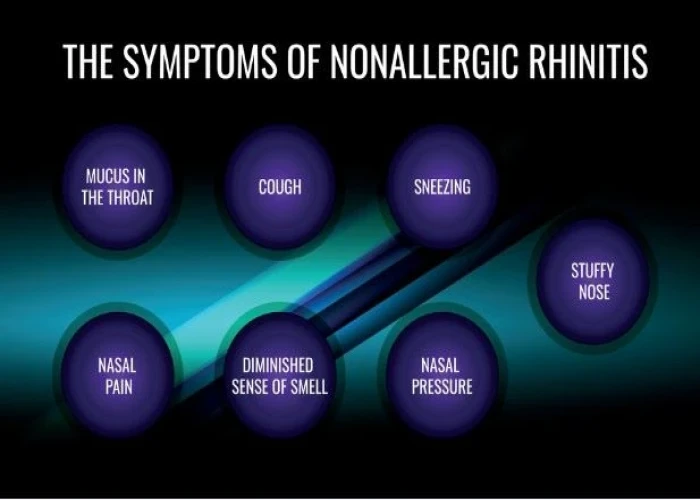 Welcome
Welcome
“May all be happy, may all be healed, may all be at peace and may no one ever suffer."
Nonallergic rhinitis
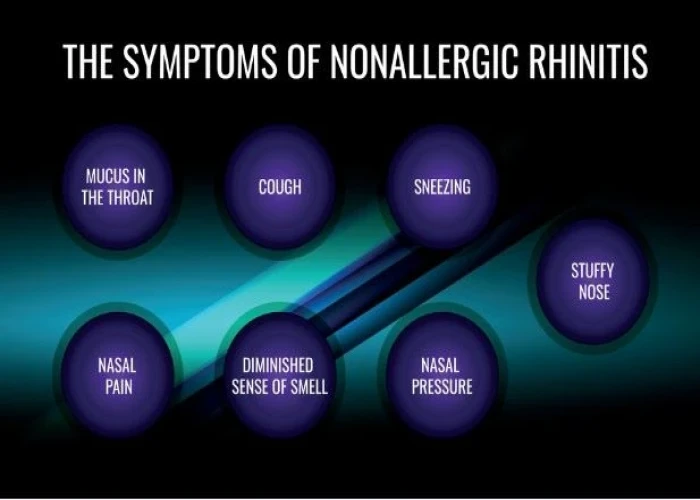
Nonallergic rhinitis (NAR) is a medical condition characterized by chronic nasal symptoms, such as congestion, runny nose, sneezing, and postnasal drip, that are not caused by allergies. Unlike allergic rhinitis, which is caused by an immune response to allergens such as pollen, dust mites, or animal dander, NAR has a variety of potential triggers and can be more difficult to diagnose and treat.
Some common triggers of NAR include:
- Changes in temperature or humidity
- Environmental irritants, such as smoke, fumes, or strong odors
- Certain medications, such as blood pressure medications or aspirin
- Hormonal changes
- Certain foods and beverages, such as alcohol or spicy foods
NAR can be divided into several subtypes, including:
- Vasomotor rhinitis: A condition characterized by nasal symptoms that are triggered by environmental irritants, changes in temperature or humidity, or hormonal changes.
- Gustatory rhinitis: A condition characterized by nasal symptoms that are triggered by certain foods or beverages.
- Nonallergic rhinitis with eosinophilia syndrome (NARES): A condition characterized by nasal symptoms and the presence of eosinophils, a type of white blood cell, in nasal secretions.
Treatment for NAR may include avoiding triggers, using over-the-counter or prescription nasal sprays or antihistamines, or using other medications such as nasal corticosteroids or nasal anticholinergics. In some cases, a healthcare provider may recommend allergen immunotherapy, which involves exposing the body to small amounts of an allergen over time to build immunity and reduce symptoms.
Research Papers
Disease Signs and Symptoms
- Runny nose
- Frequent sneezing
- Cough
- Painless, swollen lymph nodes in your neck, armpits or groin
Disease Causes
Nonallergic rhinitis
The exact cause of nonallergic rhinitis is unknown.
Experts do know that nonallergic rhinitis occurs when blood vessels in your nose expand and fill the nasal lining with blood and fluid. There are many possible causes, including the nerve endings in the nose being overly responsive, similar to the way the lungs react in asthma.
Whatever the trigger, the result is the same — swollen nasal membranes, congestion or excessive mucus.
There are many triggers of nonallergic rhinitis, including:
- Environmental or occupational irritants. Dust, smog, secondhand smoke or strong odors, such as perfumes, can trigger nonallergic rhinitis. Chemical fumes, such as those you might be exposed to in certain occupations, also can be to blame.
- Weather changes. Temperature or humidity changes can trigger the membranes inside your nose to swell and cause a runny or stuffy nose.
- Infections. Viral infections such as a cold or the flu commonly cause nonallergic rhinitis.
- Foods and beverages. Nonallergic rhinitis can occur when you eat, especially when eating hot or spicy foods. Drinking alcoholic beverages also can cause the membranes inside your nose to swell, leading to nasal congestion.
- Certain medications. Medications that can cause nonallergic rhinitis include aspirin, ibuprofen (Advil, Motrin IB, others) and high blood pressure medications, such as beta blockers.
- Nonallergic rhinitis also can be triggered in some people by sedatives, antidepressants, oral contraceptives or drugs used to treat erectile dysfunction. Overuse of decongestant nasal sprays can cause a type of nonallergic rhinitis called rhinitis medicamentosa.
- Hormone changes. Hormonal changes due to pregnancy, menstruation, oral contraceptive use or other hormonal conditions such as hypothyroidism may cause nonallergic rhinitis.
- Sleeping on your back, sleep apnea and acid reflux. Lying on your back at night while you sleep can cause nonallergic rhinitis, as can obstructive sleep apnea or acid reflux.
Disease Prevents
Nonallergic rhinitis
If you already have nonallergic rhinitis, you can take steps to reduce your symptoms and prevent flare-ups:
- Avoid your triggers. If you can identify what causes or worsen your symptoms, avoiding your triggers can make a big difference.
- Don't overuse nasal decongestants. Using these medications for more than a few days at a time can worsen your symptoms.
- Get treatment that works. If treatment isn't working, see your doctor. Your doctor can make changes that do a better job preventing or reducing your symptoms.
Disease Treatments
Treatment of nonallergic rhinitis depends on how much it bothers you. For mild cases, home treatment and avoiding triggers might be enough. For more-bothersome symptoms, certain medications may provide relief, including:
- Saline nasal sprays. Use an over-the-counter nasal saline spray or homemade saltwater solution to flush the nose of irritants and help thin the mucus and soothe the membranes in your nose.
- Corticosteroid nasal sprays. If your symptoms aren't easily controlled by decongestants or antihistamines, your doctor might suggest a nonprescription corticosteroid nasal spray, such as fluticasone (Flonase Allergy Relief) or triamcinolone (Nasacort Allergy 24 Hour). Prescription nasal sprays also are available.
- Corticosteroid medications help prevent and treat inflammation associated with some types of nonallergic rhinitis. Possible side effects include nasal dryness, nosebleeds, headaches and throat dryness.
- Antihistamine nasal sprays. Try a prescription antihistamine spray such as azelastine (Astelin, Astepro) or olopatadine hydrochloride (Patanase). While oral antihistamines don't seem to help nonallergic rhinitis, nasal sprays containing an antihistamine might reduce symptoms.
- Anti-drip anticholinergic nasal sprays. The prescription drug ipratropium is often used as an asthma inhaler medication. But it's now available as a nasal spray and can be helpful if a runny, drippy nose is your main complaint. Side effects can include nosebleeds and drying of the inside of your nose.
- Decongestants. Available over-the-counter or by prescription, examples include pseudoephedrine-containing drugs (Sudafed 12 Hour) and phenylephrine (Neo-Synephrine, others). These medications help narrow the blood vessels, reducing congestion in the nose. Possible side effects include high blood pressure, heart pounding (palpitations) and restlessness.
Over-the-counter oral antihistamines, such as diphenhydramine (Benadryl), cetirizine (Zyrtec Allergy), fexofenadine (Allegra Allergy) and loratadine (Alavert, Claritin), typically don't work nearly as well for nonallergic rhinitis as they do for allergic rhinitis.
In some cases, surgical procedures might be an option to treat complicating problems, such as a deviated nasal septum or persistent nasal polyps.
Disease Diagnoses
Disease Allopathic Generics
Disease Ayurvedic Generics
Disease Homeopathic Generics
Disease yoga
Nonallergic rhinitis and Learn More about Diseases
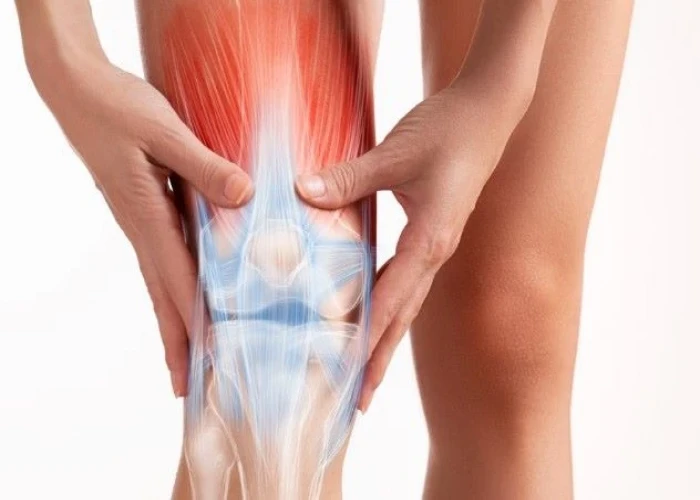
Knee pain
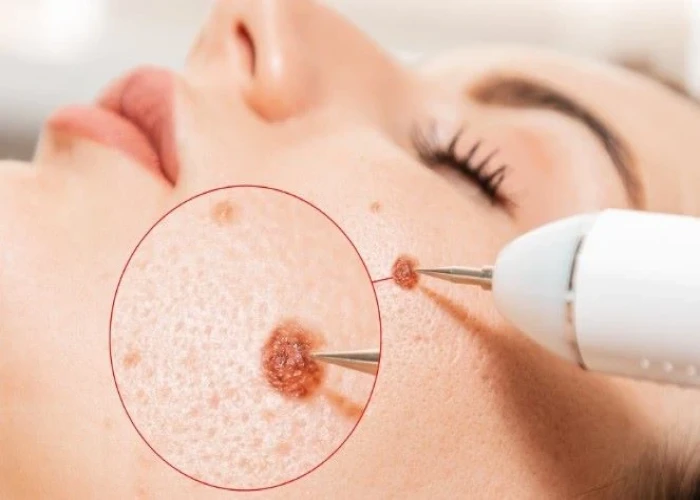
Moles

Wilson's disease
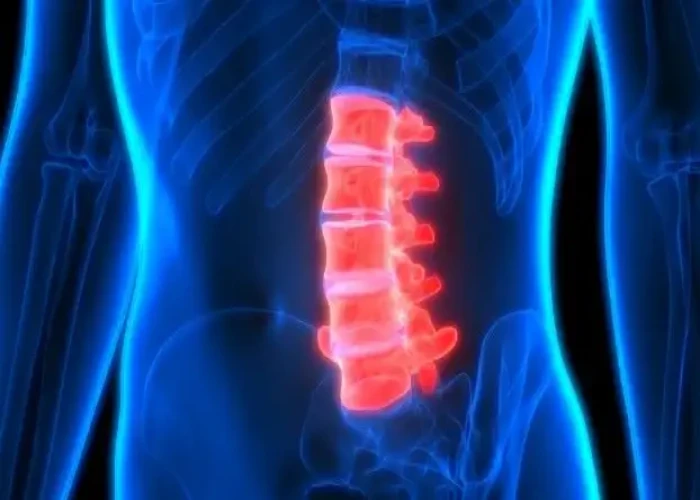
Spinal cord injury
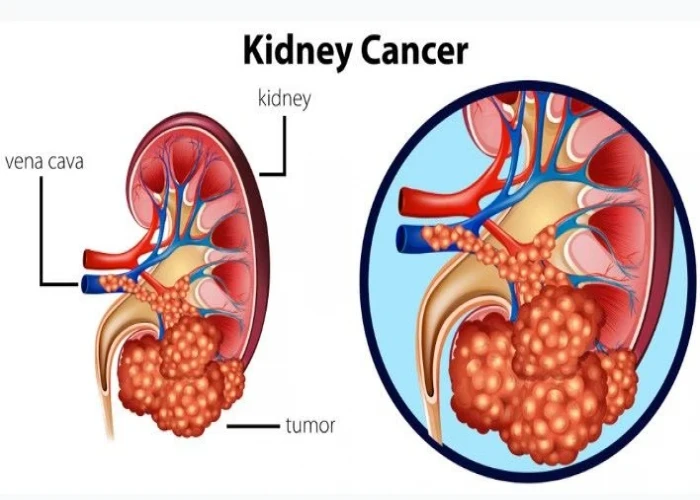
Kidney cancer

Salmonella infection
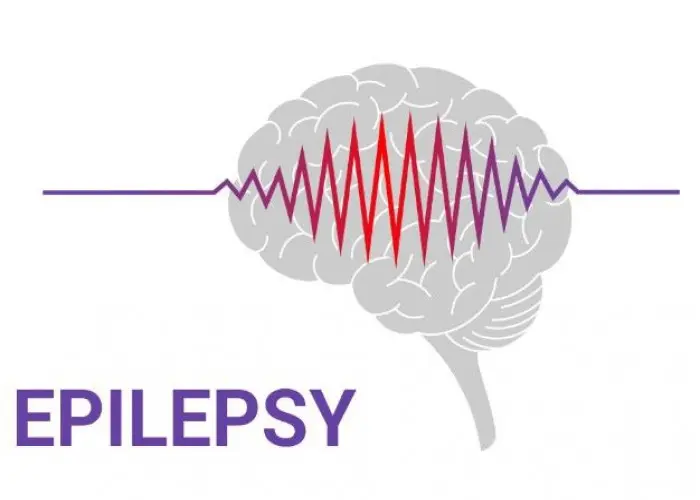
Epilepsy

Balance problems
nonallergic rhinitis, ননঅ্যালার্জিক রাইনাইটিস
To be happy, beautiful, healthy, wealthy, hale and long-lived stay with DM3S.
